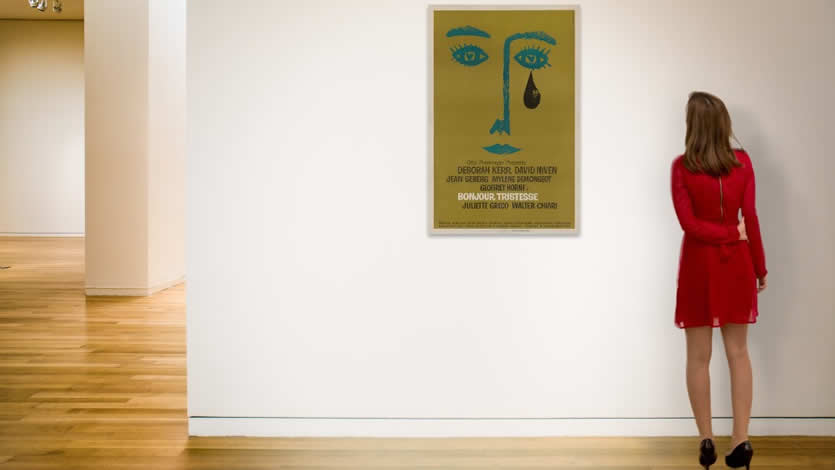Three French Novels for Intermediate French Learners
Saturday December 02, 2023 | French Language | Posted by French Abroad
Embarking on a literary journey in a new language is not just a linguistic exercise but a cultural odyssey. For (high) intermediate students eager to enhance their French skills, here are three captivating French novels that promise an enriching linguistic and cultural experience. If you have plans to take French lessons in France, reading one of those novels will be a great preparation of your French immersion trip if you already speak some French. If you are yet a beginner, why not read one of those books while learning and living in France.
1. “L’Étranger” (The Stranger) by Albert Camus
Author: Albert Camus
Summary: “L’Étranger” is a classic of French literature that delves into the life of Meursault, an emotionally detached Algerian who becomes embroiled in a series of fateful events. The novel explores themes of existentialism and the absurd, capturing Meursault’s detachment from societal norms.
Cultural Insights: Set in colonial Algiers, the novel offers a glimpse into the cultural complexities of French Algeria. Camus’ exploration of existentialism provides a unique lens through which to understand French philosophical thought.
Why Read: “L’Étranger” challenges readers to ponder existential questions, making it a thought-provoking linguistic and philosophical exercise for learners. The straightforward language and compelling narrative make it accessible for intermediate students.
2. “Le Petit Prince” (The Little Prince) by Antoine de Saint-Exupéry
Author: Antoine de Saint-Exupéry
Summary: A whimsical tale of a young prince who travels from planet to planet, encountering a variety of characters and learning profound life lessons. The narrative is an allegory exploring themes of love, friendship, and the human condition.
Cultural Insights: While the story is fantastical, it provides insights into French literary symbolism. The novella is deeply ingrained in French culture and has become a global literary classic.
Where It Takes Place: The Little Prince’s interplanetary journey offers an imaginative escape, transcending a specific geographical setting.
Why Read: “Le Petit Prince” is written in a simple yet poetic style, making it ideal for intermediate learners. Its cultural significance and universal themes make it a delightful and insightful read.
3. “Bonjour Tristesse” by Françoise Sagan
Author: Françoise Sagan
Summary: This novel follows the protagonist, Cécile, a young woman spending a summer on the French Riviera. The story explores love, jealousy, and the complexities of relationships, offering a nuanced portrayal of youthful desires.
Cultural Insights: Against the backdrop of the glamorous French Riviera, the novel captures the spirit of post-war France and the evolving social dynamics of the time.
Why Read: “Bonjour Tristesse” provides a snapshot of French society and the intricacies of human emotions. The language is accessible for intermediate learners, and the compelling narrative makes it an engaging exploration of French literature.
In conclusion, these three novels offer a diverse spectrum of linguistic challenges and cultural insights. From existential ponderings to whimsical allegories and tales of youthful passions, each book provides a unique lens through which (high) intermediate French learners can hone their language skills while immersing themselves in the rich tapestry of French literature and culture.
Happy reading!
Do you want to learn French in France?
for advice and information
about French immersion courses




Leave a Reply